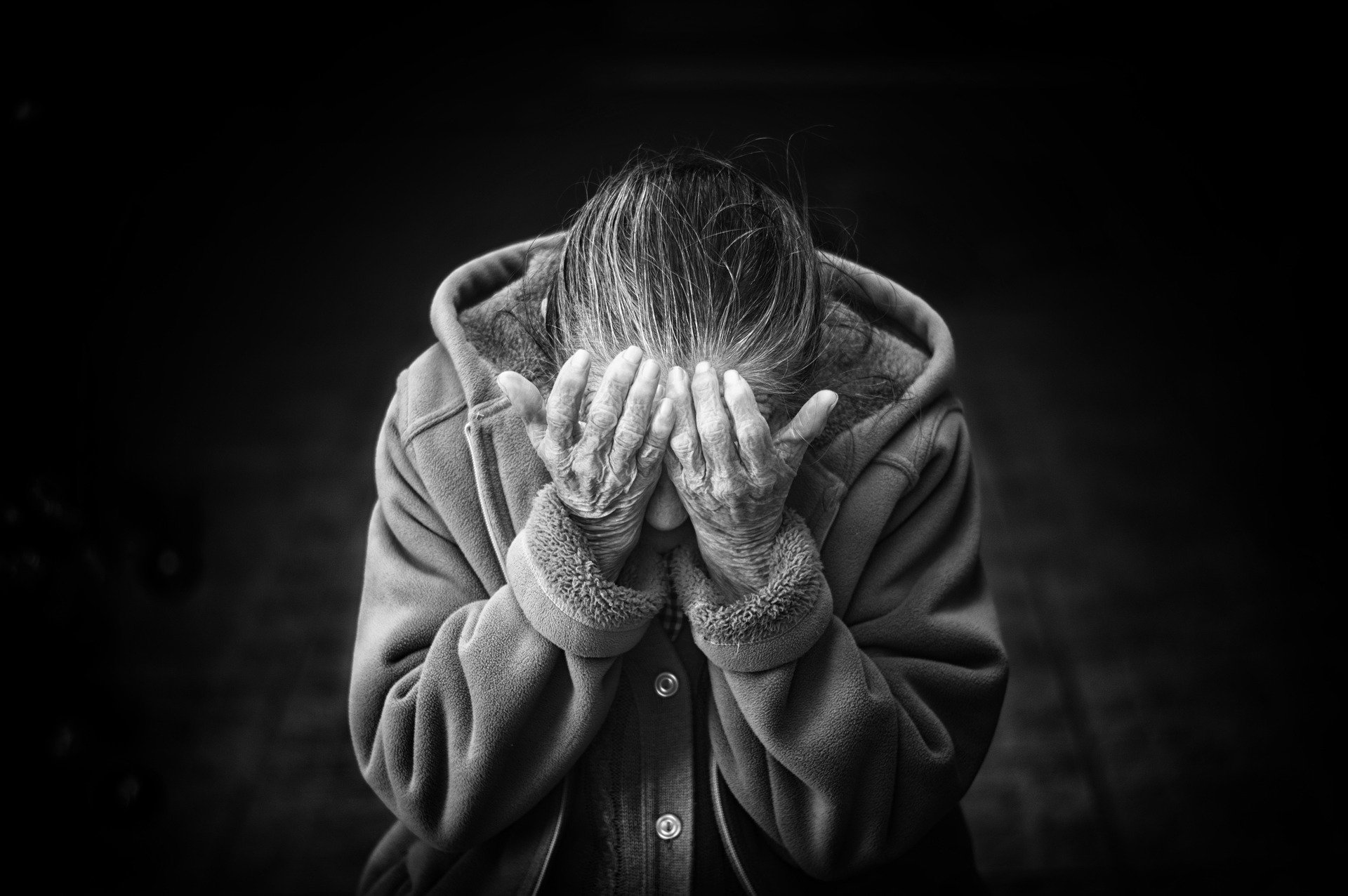By Liz Gleeson, a Grief Counsellor/Grief Therapist (BA, MA Dramatherapy, MSc Bereavement Studies, MA Counselling & Psychotherapy) and Director of Shapes Of Grief.

It is so very difficult to understand grief and all its nuances if we haven’t experienced profound loss ourselves. Without understanding grief, it is easy to think that it is a sad feeling that someone experiences when someone they love dies and, after some time, the sadness goes away, they go back to normal and that is that. Most people I meet who are seeking support in their grief announce ‘I had no idea what grief was really like’. For many, it can be terrifying to experience a range of emotions that have such depth and breadth to them, it can feel like they are overflowing or bursting at the seams. The loss of control can be so scary to those of us who have lived a life bottling up every vulnerability and emotion that dared to raise its head.
I am often asked, as a grief therapist, ‘how long will this last?’, ‘when will I get back to normal?’, ‘how do I get over this and move on with my life?’. Part of the problem is that we live in a culture that simply doesn’t want to acknowledge that death, grief and suffering are an integral part of life. We are raised on fairy-tale promises that tell us that whenever bad things happen, we will eventually be rescued and live happily ever after. We grow-up being spoon-fed Hollywood-type stories of the joy that lies ahead of us if we only find the right job, the right car, the perfect number of children all with the correct genders to complete our perfect family. If we have the right size body in the right clothes photographed in the right way with the right people following us on Instagram, then we will be happy. We are told to ‘be positive’, look at the glass half full, don’t dwell on negative feelings, meditate and all your woes will be cured. Where are the stories that tell us about death and pain and grief? What a disservice we are doing to our children and to ourselves, in perpetuating these myths, because life simply isn’t like that.
Feelings are neither negative nor positive, they are just feelings. Somehow we have labelled feelings as being binary things, either good or bad, positive or negative. We have lined-up sadness and anger and fear among the ‘negative’ feelings, which leaves us striving for an inaccessible life of permanent happiness and a sense of failure when we inevitably don’t achieve that. Sure, we can have long-lasting moments of joy and an underlying feeling of being content in our skin and in the world, scattered with lots of moments of anxiety and anger and grief, because that is simply our human nature. To be fully alive in our humanity, we need to allow ourselves to feel the whole gamete of emotions, not pick out the ones that suit us.
So this explains perhaps, why grief is so hard to embrace as part of our humanity, both our own grief and the grief of others. It has no place in the illusion of happiness, no place in the fairy tale. We see it as a problem that needs to be fixed. When we have such difficulty being with our own grief, how can we show up to someone else’s grief? Often, we can’t.
A friend of mine phoned me recently. Someone she loves had just died and she was looking for someone (a grief counsellor?) who could jump in and make sense of this seemingly senseless situation, someone to put it right. I simply said to her “this is so sad. I am so sorry that this has happened your family. And I am so sorry to say, this can’t be fixed”. It is true, grief can’t be fixed. It is a normal, adaptive reaction to a loss in our lives, it is part of our common humanity.
Our first experience of profound loss can leave us feeling a vulnerability that we have never known before. It is as if we become like children again, needing the safety and security of someone trustworthy nearby. The world can suddenly feel unpredictable and dangerous. Our ability to go out into the world as we did before our loss can be diminished and we can wonder how will we ever be okay again: our assumptions about the world we live in often, are irrevocably shattered. These are normal and natural feelings associated with grief.
At the time of a great loss or a bereavement, friends, family and community can be great; gathering around, making food, minding children, walking pets, helping out with practical tasks and telling us that everything will be okay ‘with time’. Then as time passes, these supports usually start to get less and less. The visitors dry-up, the calls become less frequent and sometimes people who were formally supportive lose patience with the griever for not being ‘over it’ yet. While we can’t fix grief, we can certainly ease people’s experience of it, or indeed, make it worse by invalidating it, judging it, diminishing it or ignoring it.
We can’t fix grief, but we can continue to ‘show-up’ when all the crowds have dissipated and the true permanence of loss is beginning to be felt. We can sit-with and bear each others grief without trying to fix it or solve it or get over it. We can hold our loved ones as they weep, we can simply be there to witness their pain, let them know that we can bear it with them, that it is not too much for us. We can show-up, not knowing what to say or do, but to keep an open heart and an open mind. And we can do that again and again and again. That is what our grieving loved ones need; our presence.
The truth is, we never get over grief or move on from grief, we simply learn to live with it, to accommodate it; we learn to carry it. We may grow new parts of ourselves that can carry our grief, becoming more emotionally resourced so that there is more space around it and it no longer feels like it’s bursting inside of us. But grief never fully goes away, it is part of our humanity. To truly support ourselves and each other in grief, we must embrace our whole selves; our light and our darkness, our joys and our pains, our love and our grief. And this is the paradox; it is only when we can truly turn towards our pain and allow it to be felt, that we can experience relief.
“Come away, O human child!
To the waters and the wild
With a faery, hand in hand,
For the world’s more full of weeping than you can understand.”
From W.B. Yeats ‘The Stolen Child’
 Liz Gleeson is an experienced Therapist and Educator in the field of Grief and Loss. She offers workshops and trainings for a variety of organisations and is a Module Coordinator for the MSc Bereavement Studies with RCSI & the Irish Hospice Foundation.
Liz Gleeson is an experienced Therapist and Educator in the field of Grief and Loss. She offers workshops and trainings for a variety of organisations and is a Module Coordinator for the MSc Bereavement Studies with RCSI & the Irish Hospice Foundation. 